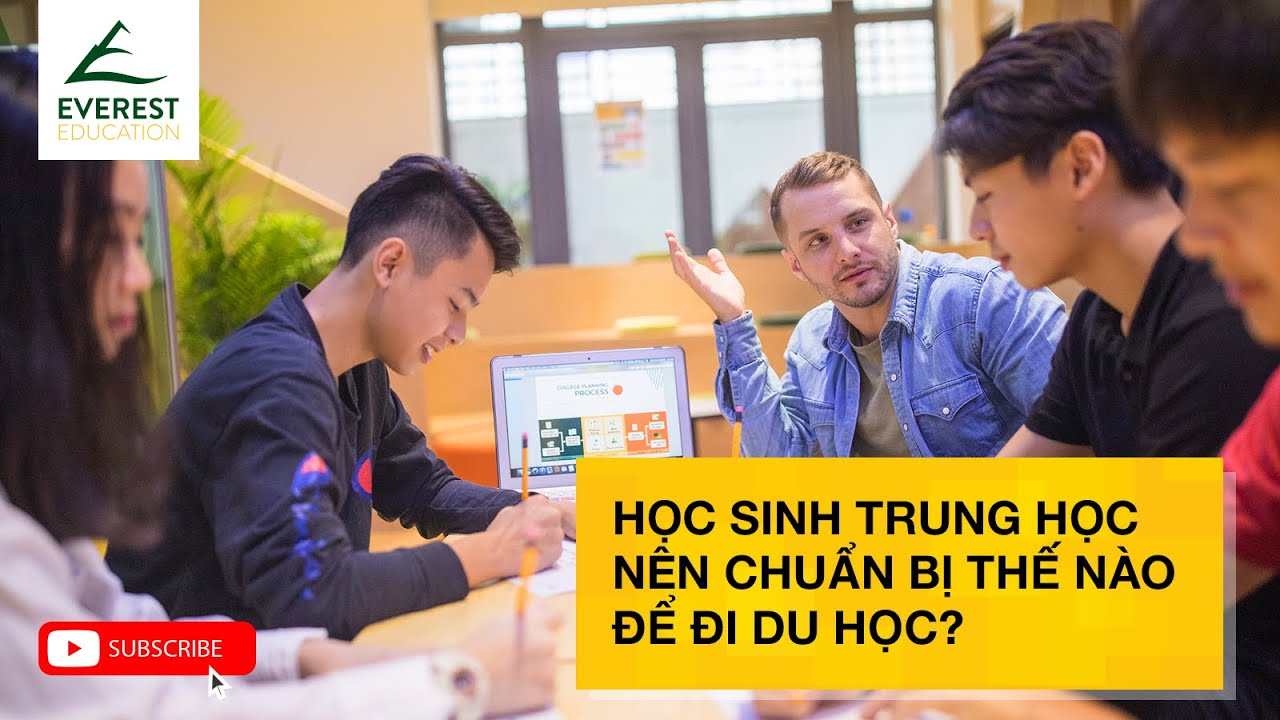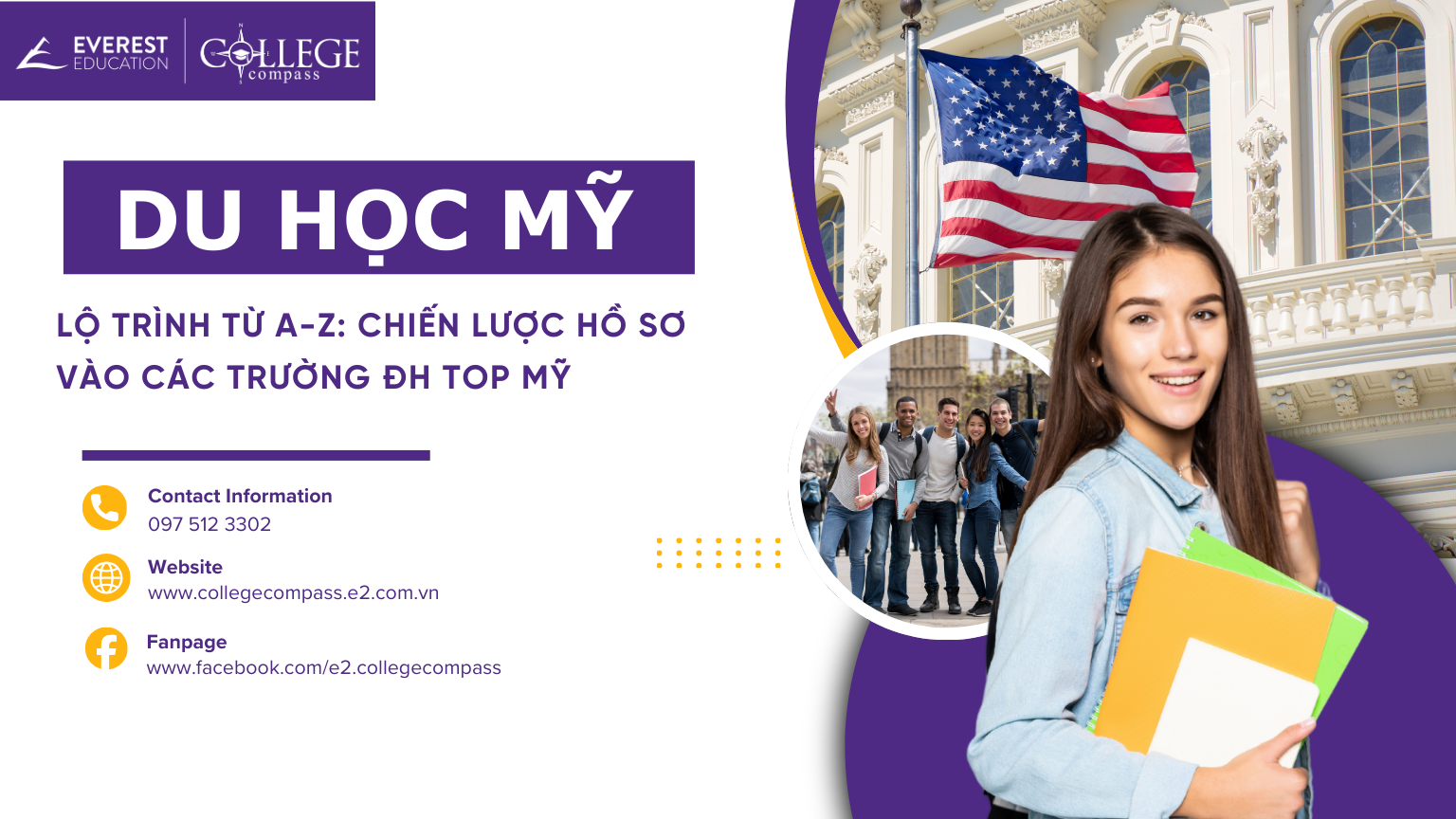Tony: So we touched a little bit how like it’s always helpful to start early and be prepared. What advice do you have for students just entering high schools? What’s the first thing that they should be thinking about?
Maria: I just actually had a couple meetings with all of my grade 9 students and the things we focused on, first of all, just some searching to know who you are and it seems like a really big question.
Tony: Yeah what if I don’t know?
Maria: Exactly! So I start by giving them ten questions just to answer something about themselves, one of the things that they enjoy, how they spend their time, what is their favorite class… It doesn’t have to be a survey, just like when you ask a grade 12 student “What are you gonna do when you graduate?” and it seems like a big question… Just ask someone what are you gonna do in the next one or two year, it could change, don’t worry. You don’t have to feel this panicked when people ask you these questions. Especially luckily for this generation, they’re gonna have multiple careers and you know, they’re getting constantly be studying and learning and gaining new skills so it’s should be less of burdensome questions. It’s really important for them to know who they are and what they want, so start with themselves first, and we do some career exploration related activities.
You know, I always tell them to think of yourself as a learner, your academic profile and of course you know what five family priorities there might be in terms of finance or other things like immigration. And then, look at options that make sense for you. Are you the type of student will be fine if there’s like three hundred students in a classroom and still be able to navigate that? And not that people are not successful in those environments because they are. I myself went to a university there was really big… But yeah, kind of answering those questions for yourself to see what makes sense.
Tony: Fantastic!
Maria: Yeah there’s another really good of free unbiased resource that I like to recommend which is Education USA. So I worked with them a lot admission side of the world, when I came and actually recruited around different parts of Asia. I worked with them very closely when I lived in Mumbai. I’ve not fully partnered with them yet but I know that they have a lot of services. I’m on the list served and I see they offer great great resources, free workshops for all kinds of things from preparing a college essay to navigating what’s a public university and where they offer, what’s a public research or universities to prepared for your visa interview. You know often from the very beginning to the very end there’s just so many resources that I offer. They’re free and again unbiased which I think is very important especially given the climate of Vietnam in the market and in higher education. So usually this is a really good free resource called Roadtrip Nation.
Tony: Roadtrip Nation?
Maria: Yeah, that’s I recommended for students to go through sort of answering very simple questions like what do I enjoy, and what can I keep doing and not get bored of. Just three different questions and it populates a list of interviews of people who made careers out of the same thing.
Tony: Oh that’s pretty cool.
Maria: There’re short interviews less than five minutes each and they can go through… It’s sort of doing informational interviews they’re already done it.
Tony: Yeah, they are done it and organized it for you.
Maria: Yeah, It’s actually an usually freshmen college students doing in that interviews and the interview committee made a career out of that. They can kind of mess with it and go back and change. They’re like “Oh, the set of interviews and people’s professions doesn’t seem like what I want to do, so I can go and change.” So it helps them. I tell them always to start with the career search because that’s important. They need to know and again, the career might change but there’s some key things about what they might want to do will be several of careers and jobs they might have synced to their personalities. So those two pieces I try to integrate: who they are as individuals, you know, maybe you like computers but you are the type of person who likes being with computers and with people and train them, or you are the type of person who likes speaking of computers and just being on your own and developing codes and websites… So depending the type of person you are, environment may be different in terms of what you might want and then we take it to the digging into the college prep stuff. Course standardized testing is one thing that I’m really emphasizing with my students now, now that it’s real and I’m still a little nervous about it.
Tony: Yeah the vast majority are waiting far too long before they start.
Maria: Yes. So to help them create a roadmap for themselves in terms of what is standardized testing going to look like for me based on my situation, what I wanted to do, where I want to go.
Tony: Any parting words of advice?
Maria: The biggest piece is what I said earlier, no matter what access you have of resources when you start, where’s your national curriculum, it’s really about your own individual personality and what you can bring to wherever you go, you can make the most out of that experience or you could go to an elite university and still not gain as much. A lot of the rankings focus on the input and not as much on the output, and what you hear is not mean the product that came out of that. And I think, if you have been great in the drive to apply to the U.S., it was like a whole you know; it starts in a year nine and ten so you’re already sort of making a lot of strides in that. Then, I think you’ll be fine no matter ready to go.
Tony: Well thank you very much for all the time and for all the advice Maria Bibler.












